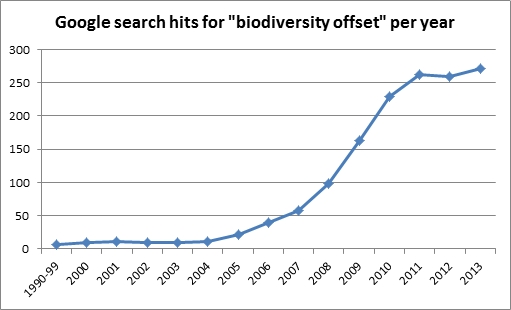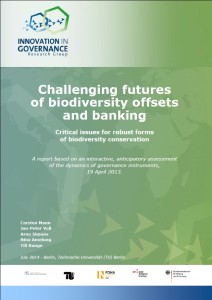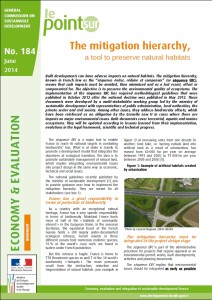I usually stroll through the net searching for news on biodiversity offsets. Actually I have the feeling that I don’t need to search for the news anymore, but the news “find me”. I come across an interesting article, a new comment or even a new guidance that is discussed or released everytime I am opening my browser.
But yesterday’s “prey” was something special that I want to share with you. I have never heard of scoop.it! before. That is a an online platform, where you can collect news on your field(s) of interest in a sort of folder or timeline. It is as easy as bookmarking, but with the advantages that the items are displayed visually and in the order you added them. You can also add a short personal comment on every item you add. Furthermore, you can add keywords and will automatically have suggestions for interesting news that are regularly updated. I will change my old browser bookmarks to scoop and have created http://www.scoop.it/t/biodiversity-offsets-blog.
You may ask yourself what that has got to do with biodiversity offsets and how you can benefit from this. Do have a look at http://www.scoop.it/t/biodiversity-offsets. That is a collection started by Carlos Ferreira specifically on biodiversity offsets. This dates back to 2011 and is a real valuable source of information. Thanks, Carlos for pulling this together and for sharing — I will definitely follow this!





